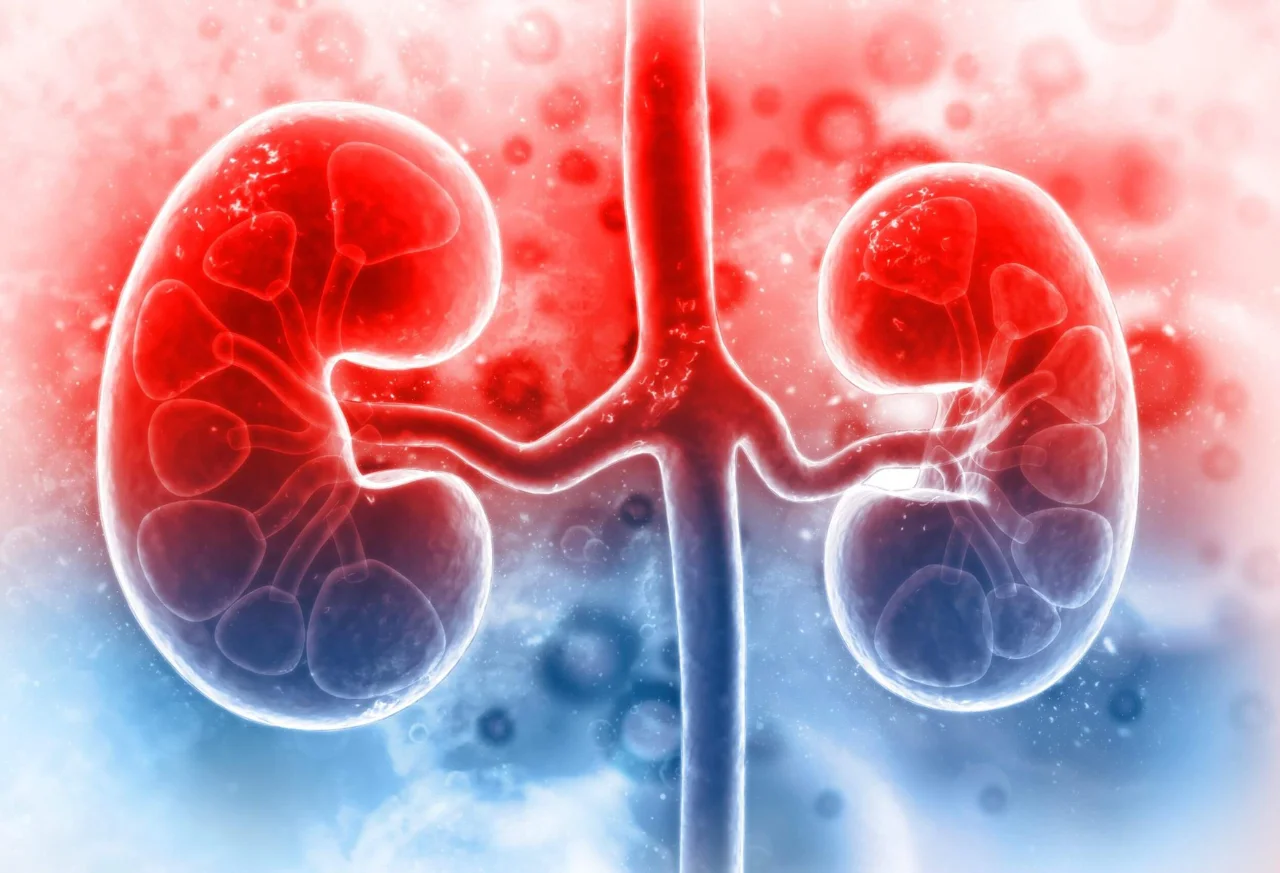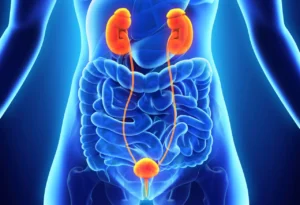Chronic Kidney Disease (CKD) is a growing health concern worldwide. The condition can worsen, but the right diet and lifestyle can help manage it and boost quality of life. In this article, we explore actionable steps that can help individuals combat CKD.
Understanding Chronic Kidney Disease
CKD is a condition characterized by the gradual loss of kidney function over time. The kidneys play a vital role in filtering waste and excess fluids from the blood. When this function declines, toxins accumulate in the body, leading to health complications such as high blood pressure, anemia, and heart disease.
Causes and Risk Factors
- Diabetes and hypertension are leading causes.
- Genetic predisposition and autoimmune disorders.
- Prolonged use of certain medications or exposure to toxins.
The Role of Diet in Managing CKD
A well-planned diet can significantly slow CKD progression by reducing the strain on the kidneys.
1. Limit Sodium Intake
Excess sodium increases blood pressure, which can further damage the kidneys.
- Recommended intake: No more than 2,300 mg per day.
- Replace table salt with herbs and spices for flavor enhancement.
2. Control Protein Consumption
While protein is essential for body repair and growth, excessive amounts can overwork the kidneys.
- Low-protein diets are often recommended.
- Opt for high-quality proteins like fish, eggs, and lean poultry in moderation.
3. Monitor Potassium Levels
Potassium is vital for muscle and nerve functions but can be dangerous in CKD patients if levels become imbalanced.
- Foods high in potassium to limit: bananas, oranges, potatoes, and spinach.
- Safe alternatives include apples, grapes, and cauliflower.
4. Reduce Phosphorus Intake
Elevated phosphorus levels can lead to bone and cardiovascular problems in CKD patients.
- Avoid foods like dairy products, processed meats, and soda.
- Opt for phosphorus binders if prescribed by your doctor.
5. Stay Hydrated Mindfully
While water is crucial, overhydration can be harmful for CKD patients.
- Individualized fluid intake should be discussed with a healthcare provider.
Lifestyle Adjustments to Manage CKD
A holistic approach that includes lifestyle changes can complement dietary measures to combat CKD effectively.
1. Regular Physical Activity
Exercise promotes cardiovascular health and helps manage weight and blood pressure, both critical for CKD patients.
- Aim for 30 minutes of moderate activity (e.g., walking, cycling) most days of the week.
- Avoid strenuous activities that may overburden the kidneys.
2. Maintain a Healthy Weight
Obesity increases the risk of CKD progression.
- Combine a balanced diet with regular exercise to achieve and sustain a healthy weight.
3. Quit Smoking
Smoking accelerates kidney damage by impairing blood flow and contributing to hypertension.
- Seek support through nicotine replacement therapy or counseling programs.
4. Manage Stress Levels
Chronic stress can worsen CKD symptoms by elevating blood pressure and blood sugar levels.
- Practice relaxation techniques like meditation, yoga, or deep breathing exercises.
5. Adhere to Medication Plans
Take all prescribed medications, including those for blood pressure and diabetes, as directed by your physician.
- Regular check-ups ensure that treatments remain effective and adjusted to your needs.
Monitoring and Partnering with Healthcare Professionals
Effective CKD management requires close monitoring of kidney function and active collaboration with healthcare providers.
1. Regular Testing
- Monitor glomerular filtration rate (GFR) to assess kidney function.
- Track blood pressure, blood sugar, and cholesterol levels regularly.
2. Consult a Dietitian
- A renal dietitian can personalize your meal plan to address CKD-specific needs.
3. Stay Updated on Treatments
- Advances in medications and procedures can improve outcomes for CKD patients.
Foods to Include and Avoid for CKD Patients
Recommended Foods
- Low-sodium vegetables: Cabbage, cucumbers, and zucchini.
- Lean proteins: Chicken breast, turkey, and tofu.
- Healthy fats: Olive oil, avocado, and flaxseeds.
Foods to Avoid
- High-sodium snacks: Chips, canned soups, and processed foods.
- High-phosphorus items: Cheese, nuts, and dark colas.
- High-potassium fruits: Melons, oranges, and prunes.
Conclusion
Managing Chronic Kidney Disease with diet and lifestyle helps slow progression and boost well-being. By embracing a low-sodium, low-protein diet, staying physically active, and maintaining regular consultations with healthcare professionals, CKD patients can lead healthier lives.



